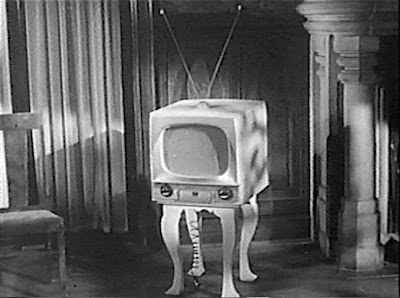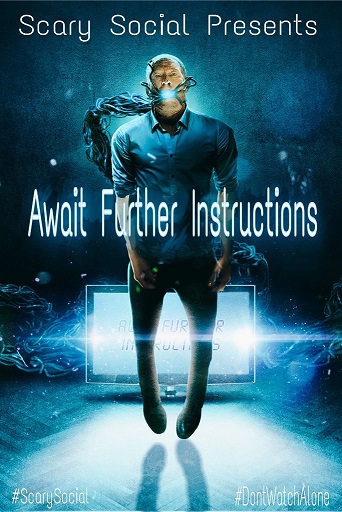I spent most of this week watching old TNBC shows from the 90s. That was my choice and stand by it.
Allo Allo (PBS, Sunday Night)
Michelle needed to send microfilm to London and the cafe needed to prepare for a parade. Meanwhile, with the outcome of the war now becoming obvious, the Germans made plans to assassinate Hitler and escape from France.
PBS is currently showing the final episodes of Allo Allo. There’s only two episodes left and, to be honest, it’s kind of obvious that the show itself was more than ready to be wrapped up by the time it started its 9th series. Watching this week’s episode, it was hard to shake the feeling that everyone appeared to have just been going through the motions. (I recently read that Gorden Kaye, who played Rene, was recovering from a serious car accident, which perhaps explains why he seems a bit more subdued than usual.) Still, Officer Crabtree’s “Good moaning” will always make me laugh, as will Michelle’s “I shall say this only once.”
The Bachelorette (ABC, Monday Night)
The men tell all!
They didn’t tell enough as far as I’m concerned. They should have just sent all the other men home and interviewed Meatball for two hours.
Big Brother (CBS and Paramount+, Everyday)
I’ve been writing about Big Brother at the Big Brother Blog! This week, Kyle was voted out after having his game exposed by Michael and Brittany. Because Kyle’s plan was to target all of the black players because he was convinced they were going to form their own Cookout-style alliance, Kyle was worried that he would be booed when he left the house. I’m not sure if the audience booed him or not. It actually sounded like production abruptly turned off the audience microphones as soon as Kyle stepped through the front door. Julie Chen Moonves got to pretend that she was a serious journalist during her seven-minute exit interview with Kyle. Then Julie cheerfully announced that Zingbot would be on Sunday’s show.
California Dreams (YouTube)
This week, I watched and reviewed 18 episodes of California Dreams. You can read the first of those reviews here!
The Challenge (CBS, Wednesday Night)
Tyson and Enzo survived another week, so I’m happy.
City Guys (Tubi)
I watched 19 episodes of City Guys this week and I wrote and scheduled reviews of all of them. You can read the first two by clicking here!
Full House (MeTV, Sunday Evening)
Uncle Jesse decided to skip the Tanner Family Reunion because he needed to work on a song. Michelle got mad and, as usual, everyone had to rearrange their lives to placate that demented little troll doll. “Uncle Jesse’s not nice nice anymore!” Michelle said. No, Uncle Jesse has a job because he’s a freaking adult. Considering that Jesse has spent the majority of the show either mooching off Danny or Becky, everyone should have been encouraging him to actually do some work on his own for once.
This was followed by a terrifying episode in which Joey auditioned for a children’s show with the help of a big chipmunk doll.
Hang Time (YouTube)
I have been watching episode of this show and scheduling reviews. Look for my review of the first two episodes on Monday! The main thing that I’ve learned from watching Hang Time is that I don’t know a thing about basketball.
Inspector Lewis (YouTube)
On Wednesday, I watched another episode of Inspector Lewis. Lewis and Hathaway were investigating a series of murders surrounding a fake medium. Hathaway spent most of the show wearing a neck brace and contemplating the mysteries of existence. Lewis, as usual, was much more pragmantic in his approach.
The Office (Weekday Evening, FaveTV)
I watched two episodes on Wednesday. First, I watched the second part of the episode in which Pam and Jim got married in Niagara. This was followed by the notoriously silly episode in which Michael became convinced that a pushy insurance agent was a member of the Mafia.
One World (Tubi)
I watched and reviewed 18 episodes of One World this week! You can read the first of those reviews by clicking here!
Open All Hours (PBS, Sunday Night)
Granville threatened to go back to school so Arkwright locked him in the cellar.





